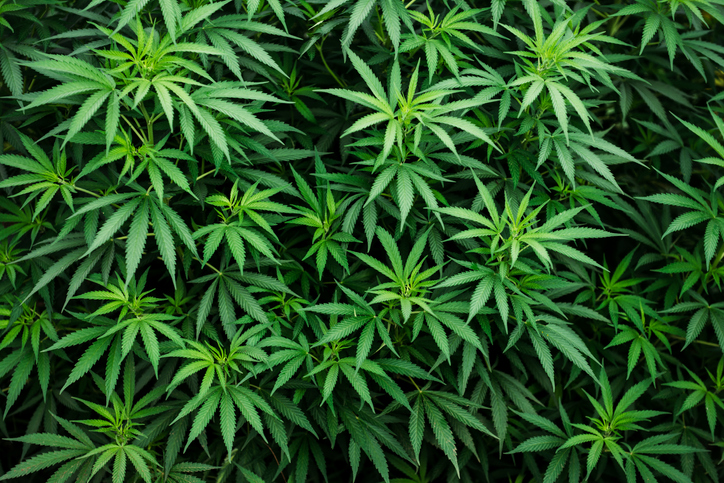Retailers could see up to half of the CBD brands ranged disappear next year, due to cost-prohibitive EU legislation.
From 31 March 2021, CBD food, drink, oil and supplement brands must be able to prove that products released to market before 13 February 2021 have a validated novel foods application to be legally allowed to sold in stores. It applies only to ingested goods, meaning CBD vaping lines are exempt.
What is CBD? Everything retailers need to know
Simon Manthorpe, chief executive of regulatory advisory firm Eos Scientific, said it would cost the average brand half a million pounds to have each line submitted for FSA approval.
Explaining how the cost will affect the number of CBD products sold throughout convenience stores, Manthorpe told RN: “There’s an awful lot of brands out on the market and we’ll see at least a 50% reduction.
“We’re aware of plenty of brands who are saying that they are going to drop out of [the market] because they have got no guarantee that the revenue they make from sales will pay back the investment into the tests.
Hemp product applications temporarily suspended by EU
“Some of them have said they’re focusing their efforts on other product areas. There will be a lot of brands who will not be putting their products through the retail sector any more.”
EPoS data released by PayPoint last month from the three months pre-Covid and July 2020 showed mixed sales patterns for CBD products sold in convenience stores. Although CBD vaping products saw a sales increase during the period, PayPoint’s data showed that products such as drinks experienced a decline.
Within the listed CBD products, Drink 420 CBD-infused Elderflower Lime had the steepest sales volume decline of 89% in June.
How retailers can benefit from CBD products
Only two novel food CBD submissions have been made to the EU. Neither have been authorised yet.
Once the March legislation comes into force, Manthorpe said it would be the retailer’s responsibility to check that the brands they stock have passed the novel foods tests. “The onus is going to be on the retailer to check if the manufacturer has gone through the necessary processes.
“Some of the smaller retailers need to be careful and be sure that they have this awareness.
Dead Man’s Fingers launches CBD-infused Hemp Rum
“This will involve talking to the brands they’re stocking to ask them to provide evidence of the fact that they have had a valid submission approved, and that they have undergone a full risk assessment with the regulator.
“Retailers can also get in contact with the Food Standards Agency and ask for a summary for each and every registered product that would be available.”
Read more Vape Retailer news



Comments
This article doesn't have any comments yet, be the first!